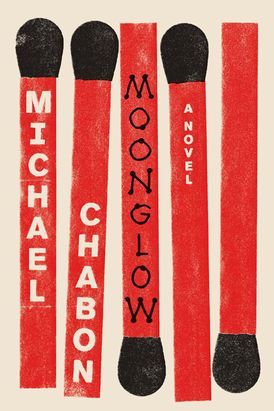
Description:
Moonglow unfolds as the deathbed confession, made to his grandson, of a man the narrator refers to only as “my grandfather". It is a tale of madness, of war and adventure, of sex and desire and ordinary love, of existential doubt and model rocketry, of the shining aspirations and demonic underpinnings of American technological accomplishment at mid-century and, above all, of the destructive impact-and the creative power-of the keeping of secrets and the telling of lies. A gripping, poignant, tragicomic, scrupulously researched and wholly imaginary transcript of a life that spanned the dark heart of the twentieth century, Moonglow is also a tour de force of speculative history in which Chabon attempts to reconstruct the mysterious origins and fate of Chabon Scientific, Co., an authentic mail-order novelty company whose ads for scale models of human skeletons, combustion engines and space rockets were once a fixture in the back pages of Esquire, Popular Mechanics and Boy’s Life. Along the way Chabon devises and reveals, in bits and pieces whose hallucinatory intensity is matched only by their comic vigor and the radiant moonglow of his prose, a secret history of his own imagination.
From the Jewish slums of prewar South Philadelphia to the invasion of Germany, from a Florida retirement village to the penal utopia of New York’s Wallkill Prison, from the heyday of the space program to the twilight of “the American Century,” Moonglow collapses an era into a single life and a lifetime into a single week. A lie that tells the truth, a work of fictional non-fiction, an autobiography wrapped in a novel disguised as a memoir, Moonglow is Chabon at his most daring, his most moving, his most Chabonesque.
